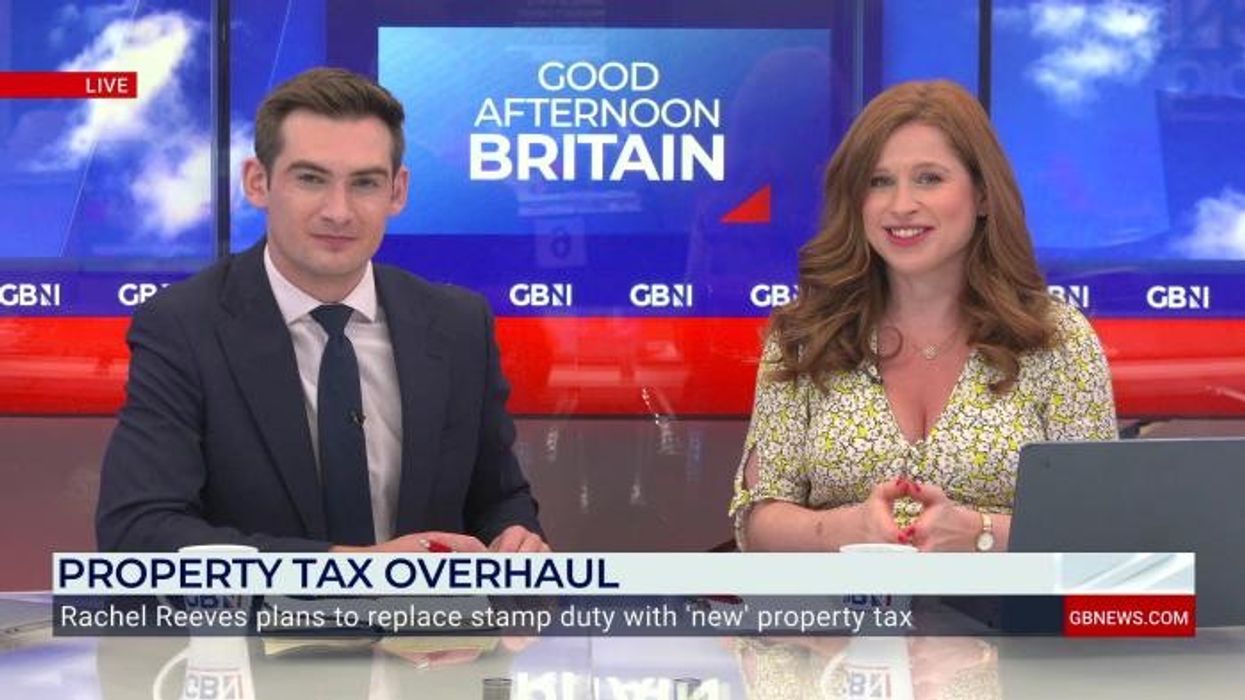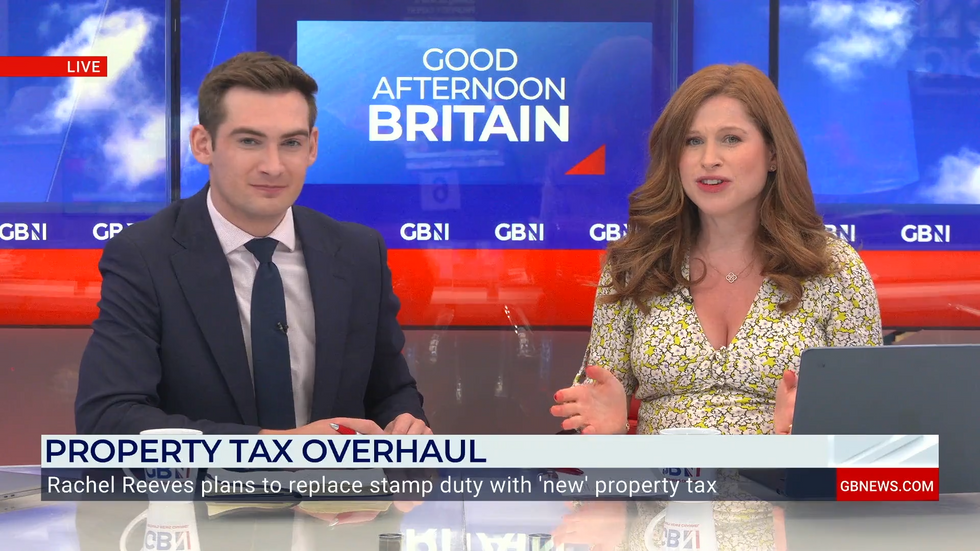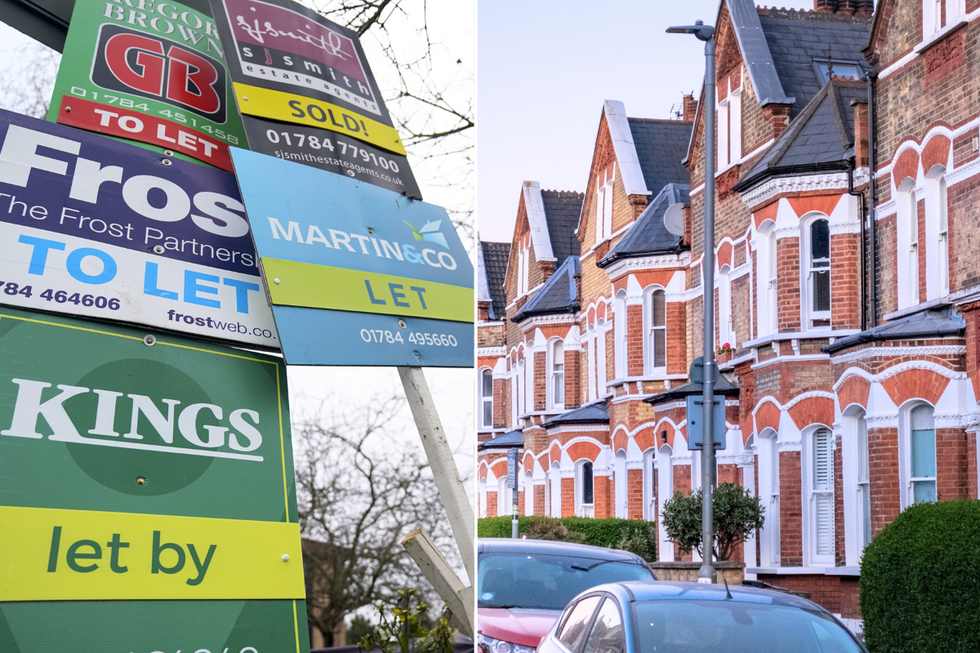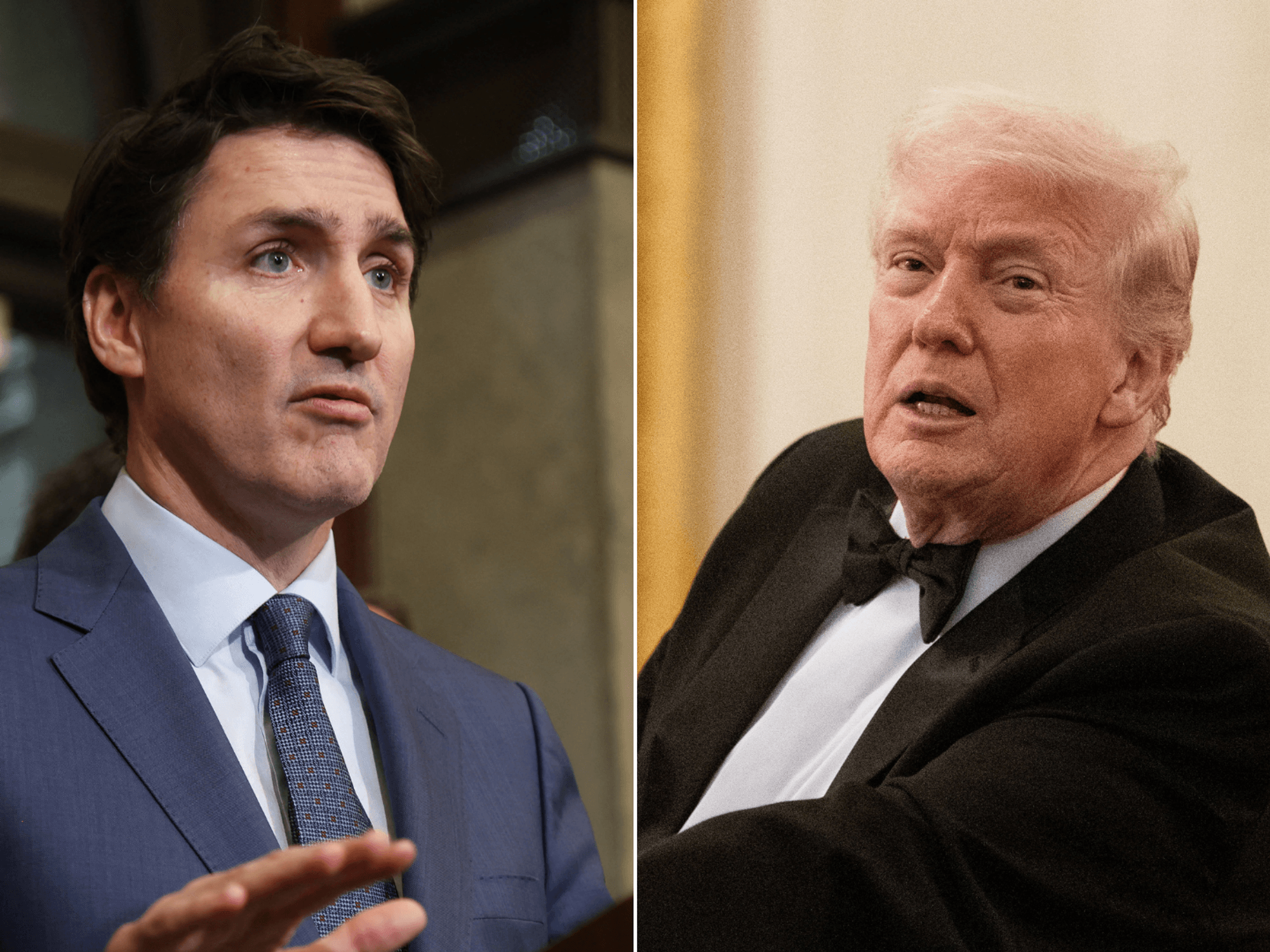'They always want more!' Emily Carver admits her 'fears' as property tax set for overhaul

'They always want more!' Emily Carver shares her 'fear' as property tax faces overhaul |
GB NEWS

Treasury officials are examining proposals for a new levy on properties valued above £500,000, which would fundamentally alter how homeowners are taxed when selling their properties
Don't Miss
Most Read
Emily Carver has shared her "fear" after reports that Rachel Reeves plans to replace Stamp Duty with a new property tax in the October Budget.
The GB News host fumed, saying she "wishes there were fewer taxes" and slammed the Treasury for "always wanting more".
Discussing the potential change, Emily said: "You can’t even keep track of all these taxes. I just wish there were fewer."
**ARE YOU READING THIS ON OUR APP? DOWNLOAD NOW FOR THE BEST GB NEWS EXPERIENCE**

Emily said that the Treasury are "always wanting more"
|GB NEWS
Co-host Tom Harwood said: "I think the principle here is that, at the moment, we have this massive tax that makes it harder for people to move house.
"People in this country move far less than in other countries, which means many aren’t living in the most economically productive areas or are stuck in houses the wrong size because it would cost too much to move.
"If that can be made easier, that would be a very good thing. But, of course, it could also be used as a crowbar to squeeze more tax out of people."
Emily said: "That is what I fear. They always want more, don't they? They never say 'have a rebate'."
Treasury officials are examining proposals for a new levy on properties valued above £500,000, which would fundamentally alter how homeowners are taxed when selling their properties.
The potential reforms represent a major shift in property taxation policy.
LATEST DEVELOPMENTS:
Ministers have instructed civil servants to analyse the implementation of a "proportional" property tax system.
The proposed national levy would initially substitute stamp duty for owner-occupied properties, according to Government sources.
The Treasury's examination of these proposals reflects efforts to generate more consistent revenue from property transactions.
Current stamp duty arrangements brought in £11.6billion last year, though income varies with housing market conditions.
 The average UK property price stood at £272,664 in July, according to Nationwide | GETTY/PA
The average UK property price stood at £272,664 in July, according to Nationwide | GETTY/PAThe new system would apply exclusively when owner-occupiers sell properties exceeding £500,000 in value.
Central Government would determine the tax rate, with collection handled by HMRC.
Second homes would remain subject to existing stamp duty arrangements.
The reforms could potentially be introduced within the current parliamentary term, whilst any changes to council tax would require longer-term planning.
More From GB News










